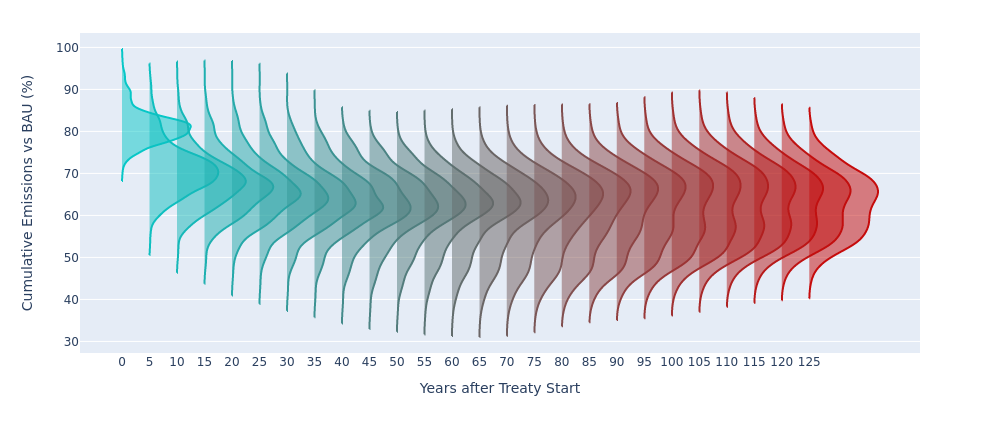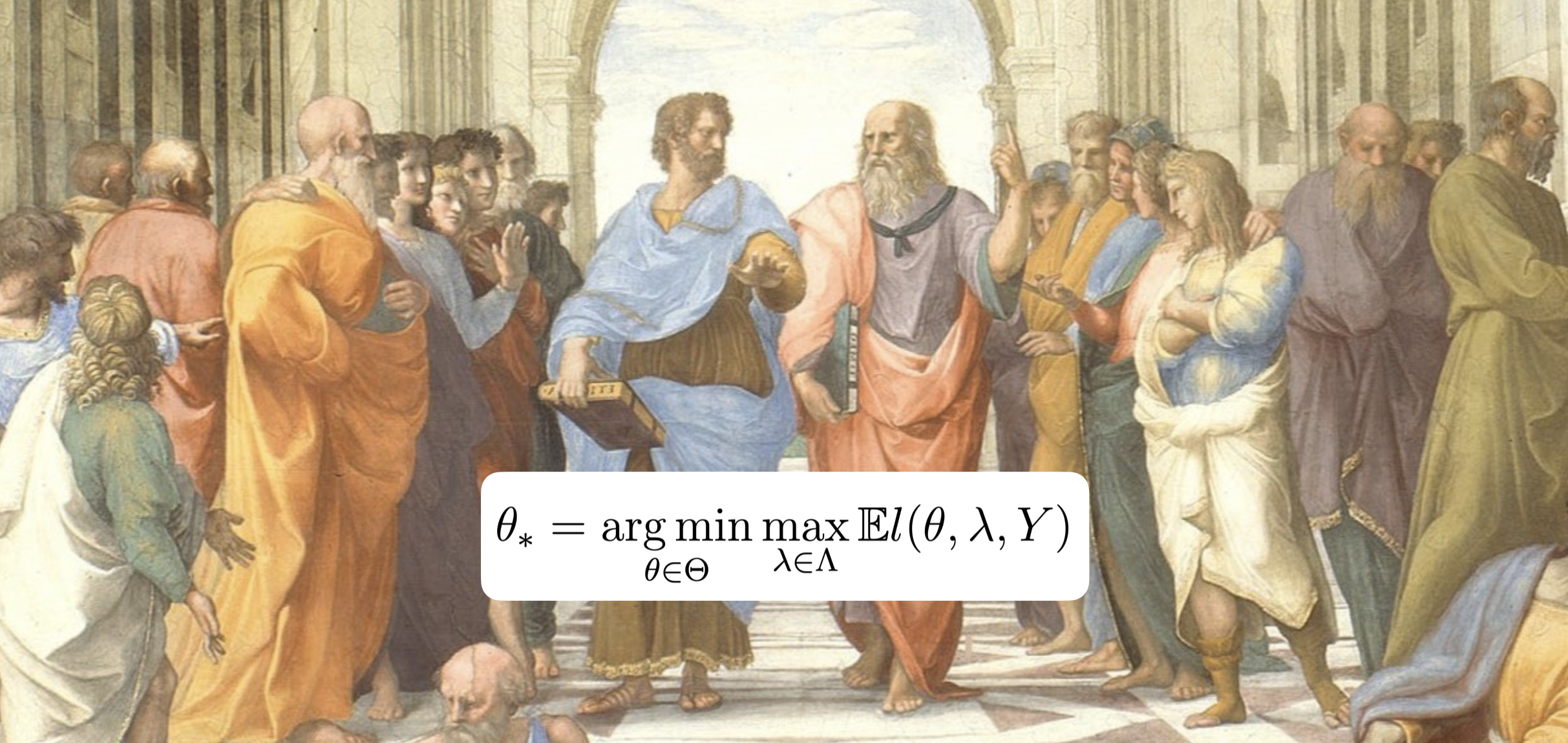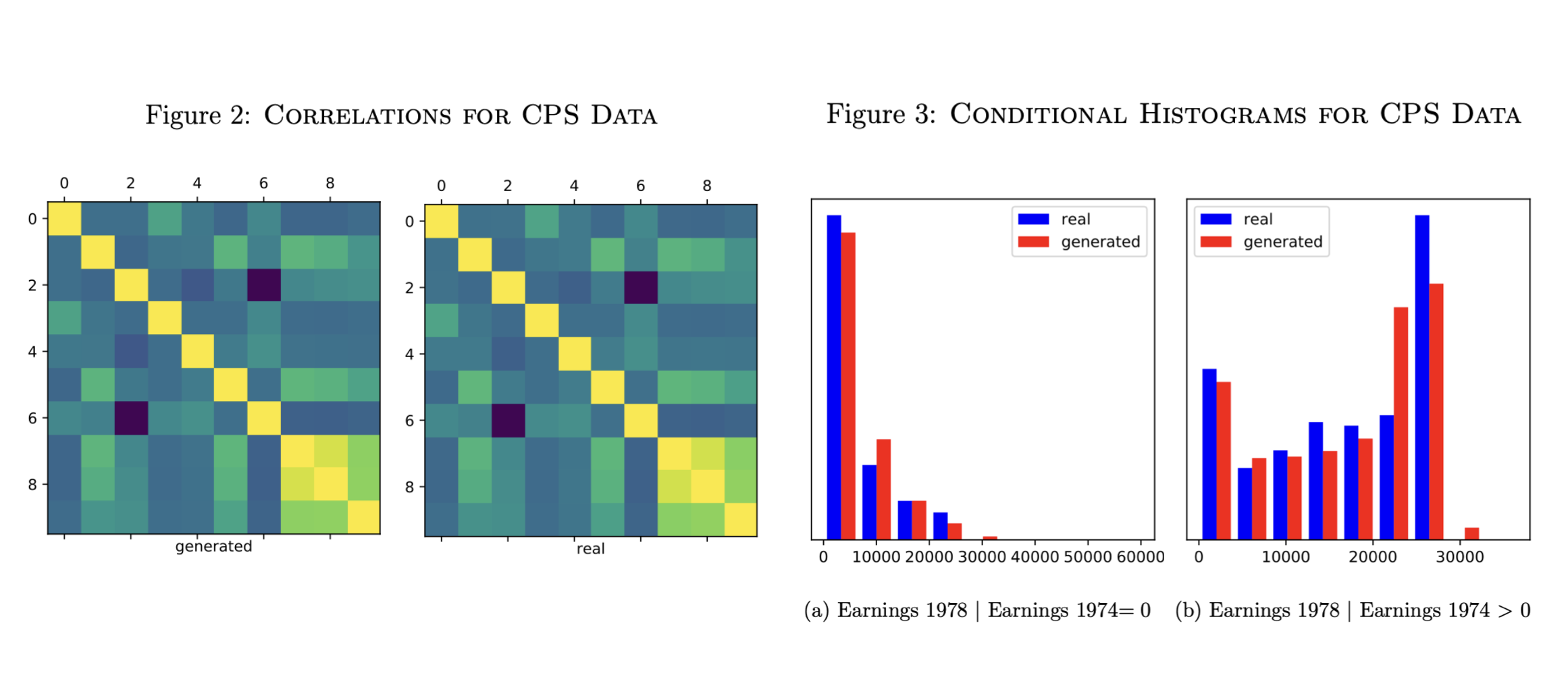
Subsidy Treaties
I show that emissions treaties may be game-theoretically infeasible if countries worry that cooperation could break down in the future. I then propose ‘subsidy treaties’, which can survive this concern by exploiting the unique cost-structure of renewable electricity: due to their lower variable costs, short-term fixed-cost subsidies for renewables let market forces ensure a displacement of fossil fuels that persists independently of cooperation. To estimate the impact of various treaties, I model the national electricity sectors and damages from warming in the US, China, EU and India. I find that a mutually beneficial subsidy treaty could avoid 40% of CO2 from electricity over the next century, and survive a higher breakdown risk.

